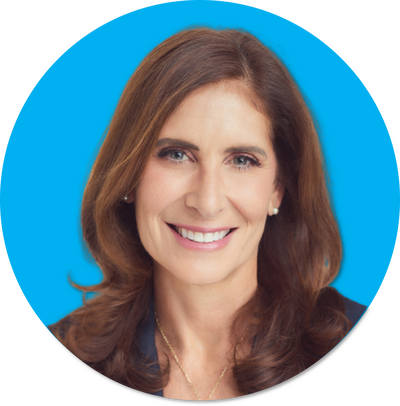Today’s complex landscape demands adaptive, empathetic leaders, who accelerate decision-making to navigate opportunity and mitigate risk. In an exclusive series, Boyden's data-driven 2023 research on Exploring adaptivity through strategy and talent is complemented by in-depth interviews from trailblazers across the globe, sharing their perspectives on core issues across organisational strategy, leadership and talent.
This interview features Barbara Bellissimo, Board Member, HSB Canada; and President, Barbara Bellissimo Consulting.
Discussion Highlights:
- Leaders need to go beyond words and provide real examples of ‘adaptivity,’ so executives can understand exactly how flexibility enables them to achieve their goals.
- Boards are increasingly working in a partnership with the executive, rather than focusing purely on strategic oversight, leveraging their full capabilities.
- Going beyond the network and using executive search for board positions reveals exceptional talent, with potential board members who can and want to make an impact. Also consider going cross-border for non-executive directors.
- The need for experts in AI/robotics/analytics, and digital distribution, is creating structural change to ensure appropriate seniority for these strategic roles.
- Post-Covid, HSB’s compensation study has changed from every three years to annual; it’s also valuable to look more broadly at development for high potentials, robust leadership and leveraging talent across the entire, global organization.
- Avoid letting a ‘tough environment’ become a self-fulfilling prophecy in senior-level recruitment. There is lots of talent, and it’s more about alignment of values. Executive search adds enormous value in revealing how a brand is perceived in the market.
- Linking pressure on compensation to leadership development and higher performance makes it sustainable for the business; it’s a win-win for ambitious executives and the organization.
- Looking ahead, HSB is striving to double its growth within five years, creating a bigger market, launching new products more effectively and achieving wider distribution.

